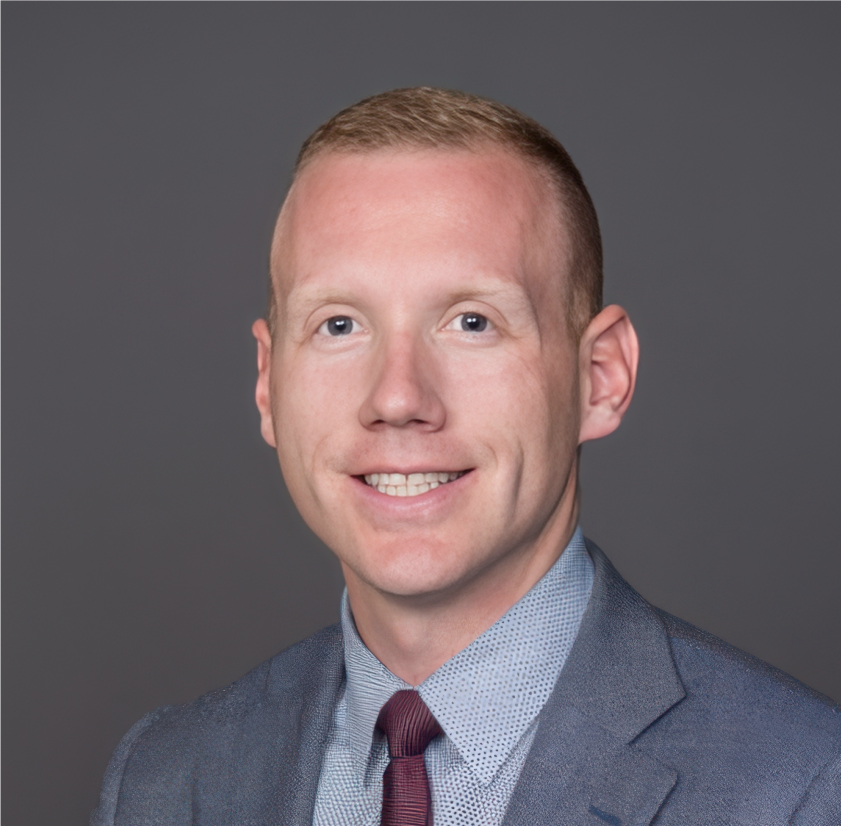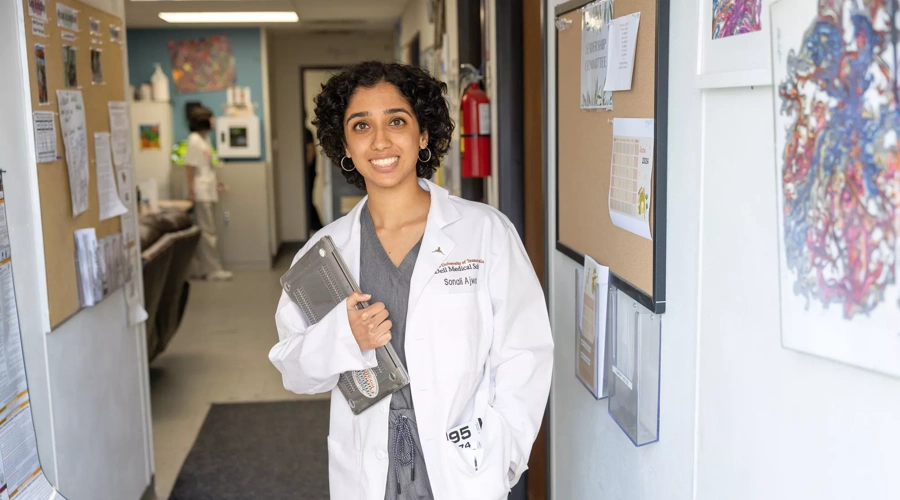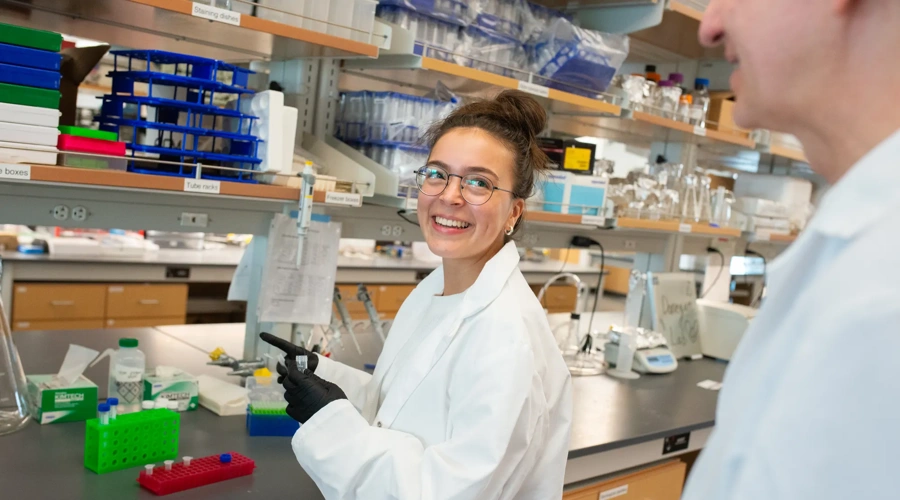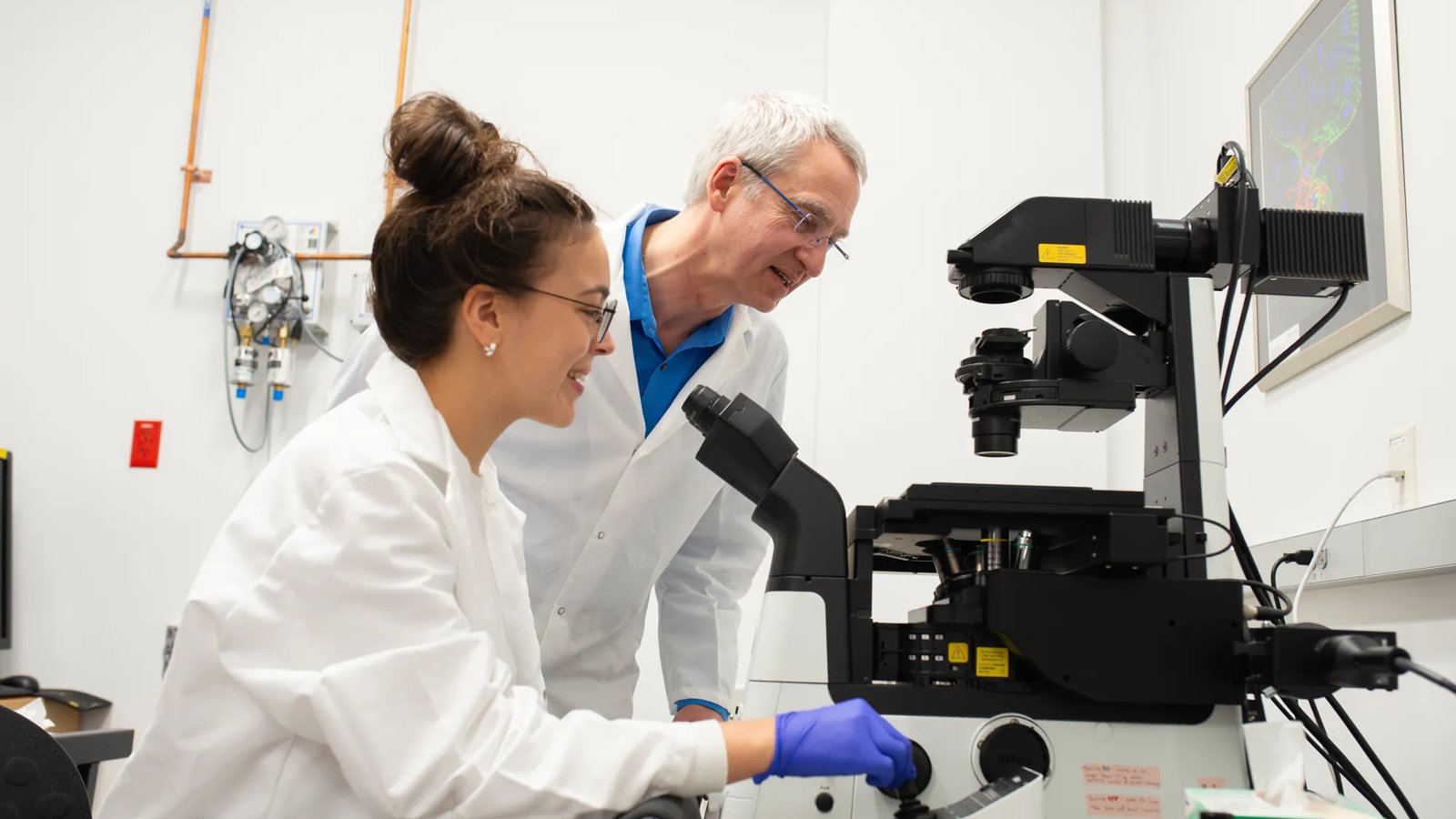From India to Austin: A Dell Med Student’s Mission to Expand Health Care Access
My Journey to Austin's Medical Community: From the Liberty Bell to the Live Music Capital
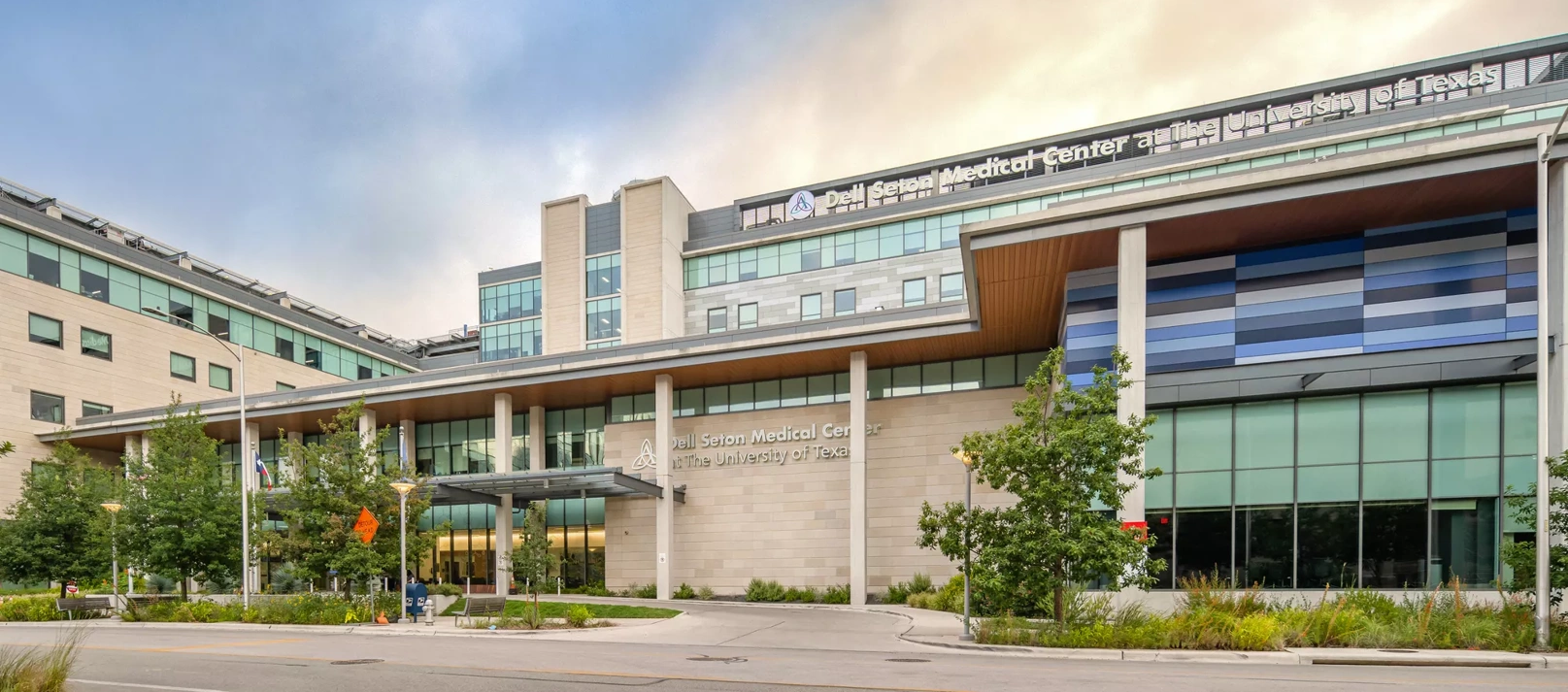
Overview
Dell Seton Medical Center is expanding specialty care and driving innovation through partnerships with Dell Medical School and the commercial tech and life sciences sectors. Dell Seton President Adam Messer highlights Austin’s role as a health care leader, providing the highest-quality care close to home.
My career has been in academic health care, so when I was presented with the opportunity to join Dell Seton Medical Center earlier this year, I was interested in its exciting set of circumstances. Coming to a growing city and region and supporting a new medical center attached to a new medical school – which is Dell Seton’s working relationship with Dell Medical School at the University of Texas at Austin – presents many possibilities.
I moved to Austin from Philadelphia, home to the oldest medical school in the country and a mature health care space with 1,000-bed hospitals – where medical institutions are at the core of the city’s infrastructure. While Austin is home to a strong foundation of quality care, the city is growing so rapidly, and as a result, patients sometimes need to travel to other cities for specific care. This leaves an underserved need and a great opportunity for growth in a large metro area – and an opportunity I was eager to dive in on with the team here in Austin.
Here are a few additional things that drew me to my new role here at Dell Seton.
Confluence of Industries That are Uniquely Austin
The proximity to companies in the tech space and the more mature colleges at UT allows us to develop innovation and partnerships that are unique to Austin. With Dell Seton and Dell Med as the anchors of Austin’s Innovation District, this downtown area is a nexus of innovation for health care, technology, and life sciences industries. The city of Austin has planted the seeds for further infrastructure and collaboration between these industries, and being part of this hub that brings together health, wellness, and care in a delivery space will generate new developments that will benefit generations to come.
Expanding Access to Care for All
Austinites deserve to have every opportunity at their disposal, and this includes access to high-quality, individualized health care. Dell Seton’s expansion of facilities and specialty care is aimed at enabling people to get the care they need – here at home. Having an ecosystem of support unique to the place you live is deeply meaningful and allows individuals to be surrounded by family and loved ones as they regain their health.
Ascension Seton’s expansion projects in Austin – doubling the size of Dell Seton Medical Center, opening the north campus of Dell Children’s Medical Center, expanding specialty care and more – will be part of the health care infrastructure of the future for both Austin and the region.
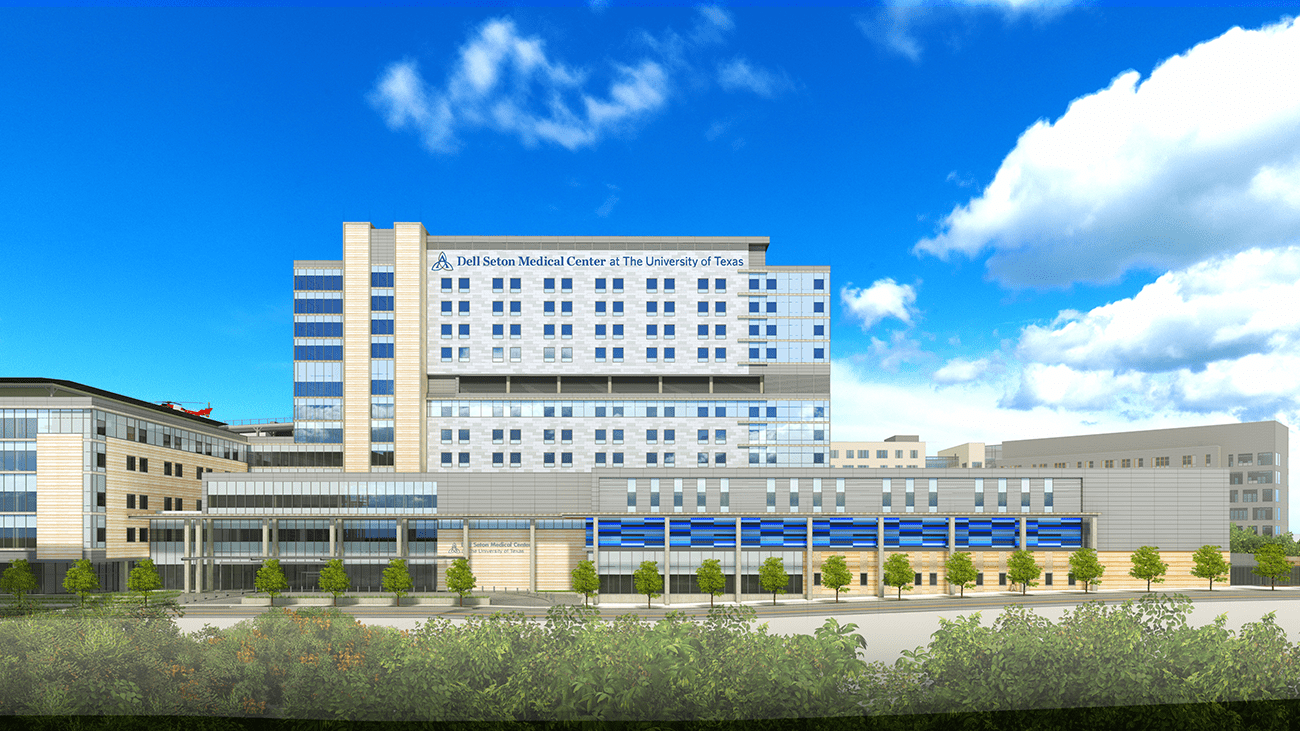
Set to open in 2025, the $280 million expansion of Dell Seton will add 150 patient beds and additional space for operating rooms, transplant procedures, and specialty care.
Innovation Through Partnership
Much of the innovation in health care is coming from places with strong partnerships with medical and teaching/academic institutions. Ascension Seton’s collaboration with Dell Med and UT Health Austin provides a powerful platform to incubate innovation, advance clinical care through research, attract nationally renowned physicians, as well as cultivate new ones. Because of the collaboration with Dell Med, Ascension Seton can provide the highest and most complex care within the network at the academic center.
Some products of this collaborative environment include the new Neuro ICU and the recent partial heart transplant at Dell Children’s Medical Center. It’s a virtuous cycle: a great teaching institution and medical partner that brings doctors to the area and puts Austin on the map for health care, which serves the community and world by improving care and outcomes.
Dell Seton Medical Center, By the Numbers
0K
Patients Served Since 2017
0%
Uninsured or Underinsured Patients
$0M
Expansion to Double Capacity
Growing the Austin Medical Community
We are continuing to grow our impact on the future of health care education while delivering advances in care that bring people here – and keep people here. This includes attracting more physicians, nurses, advanced practice professionals and students, and this starts with our academic and health care delivery relationships.
To lead Dell Seton Medical Center – relatively new and has already accomplished so much – comes with a great sense of pride and responsibility to ensure we provide excellent care and support for the community. I look forward to continuing to grow our employees and our positive impact in the region.
About the Author
Adam Messer is President of Dell Seton Medical Center. Previously, he was an enterprise Vice President and service line executive of Thomas Jefferson University Hospitals in Pennsylvania. In that role, he was a key member of the executive leadership team overseeing the strategy and operations of clinical services lines for a large academic medical center and a health system comprising 18 hospitals and providing more than 2.5 million outpatient visits.
Messer earned his Bachelor of Science from Ohio State University and continued his education at A.T. Still University of Health Sciences, where he earned his Master of Public Health degree.
